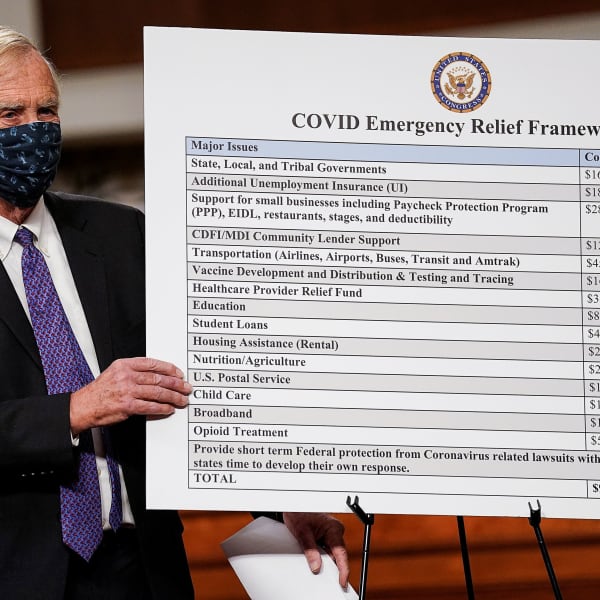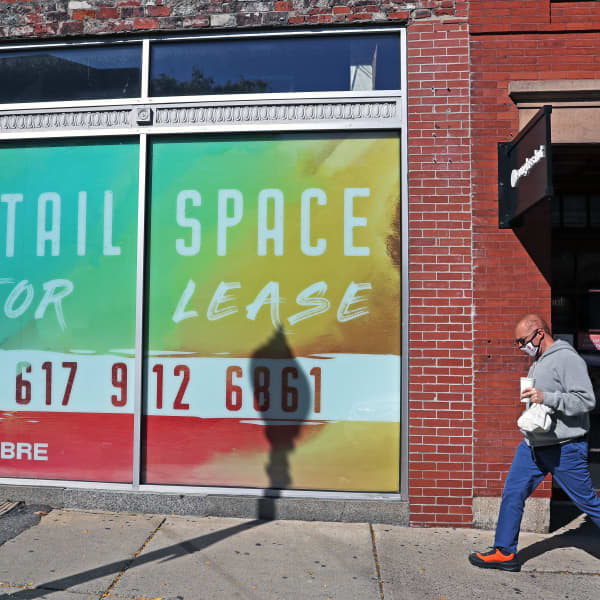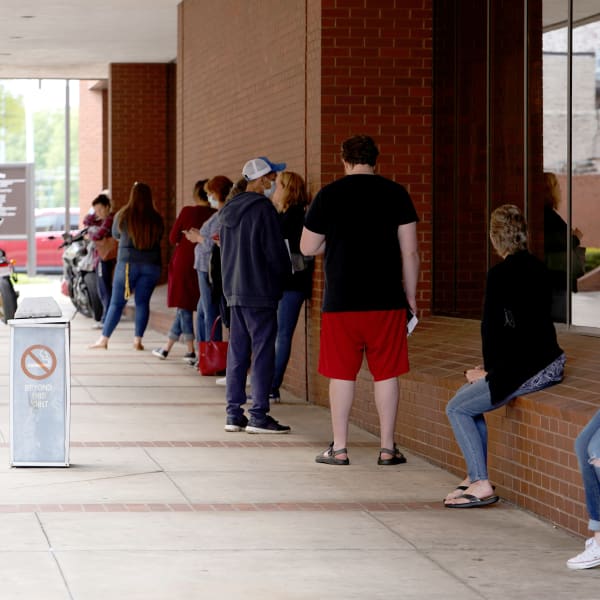The White House promotes its tax-reform push by saying, "President Trump is giving small businesses a boost." But as competing proposals work their way through Congress, opinion among small-business owners is split: Republicans agree with the president, while Democrats could not disagree more.
For those small-business owners who identify as Republicans or who lean toward the GOP, tax reform couldn't come soon enough. A huge majority (85 percent) supports the passage of the tax reform.
These data come from the newest CNBC/SurveyMonkey Small Business Survey, conducted Nov. 20–Dec. 4 among 2,043 small-business owners.
When asked to describe their reactions to the proposed tax reform bill, Republican small-business owners are most likely to say: "Finally!"
In their own words, tax reform is "overdue," and "it's about time" that politicians in Washington got it done. They are "hopeful" about its effects and largely positive in expressing their reactions.
Out of 886 Republican small-business owners surveyed, just one suggested that tax reform would be "bad for small businesses." Five others expected it to "help small business," with one explaining, "It is about time politicians paid attention to the small-business person. The eight years of Obama were oppressive!"
Few Republicans express negative sentiments about the tax reform proposal. Those who do tend to be more measured in their criticism, saying the proposals are "insufficient" or that they "could be better," but that "something is better than nothing!"
Democratic-siding small-business owners take a harder line. Eight in 10 (80 percent) oppose the tax reform proposals, and they do not mince words when asked about their thoughts. "Unfair" is the most frequently mentioned single-word response, but "rich" and "wealthy" come up frequently in longer responses, as in, "It's not a reform, it's a tax cut for the wealthy."
These twin responses of unfairness and bias towards the well-off summarize a large proportion of reactions among Democratic small-business owners. On one hand, the tax reform proposals are seen as a "scam," a "sham" or as "Republican tricks."
Several note that "trickle down hasn't worked anywhere."
On the other hand, many of these small-business owners focus on the differential effects these proposals will have, with benefits going to the wealthy rather than the less-well-off. They worry about "inequality" and frequently note that the "rich get richer."
One small-business owner's response sums up this general antipathy toward tax reform from a more personal perspective, saying, "The middle class and small-business owners get screwed." Just one other Democratic small-business owner (out of 760) mentions "small business" in his response, saying it is "bad for small business."
Among the 363 small-business owners who lean to neither party, no single opinion wins out: "bad," "good," "needed" and "greed" all appear in the top five most frequently mentioned one-word responses, along with "unfair."
The only response from an independent small-business owner that mentioned small business is a negative one: "If and when it passes, that is the question. Very tired of hearing what it will or will not do, but I see no clear evidence it will ever pass. This is disastrous to small businesses, since it creates uncertainty."
As Republicans are hoping to vote on the proposals before the end of the year, that uncertainty won't last for long.
—By Jon Cohen, Chief Research Officer, and Laura Wronski, Research Scientist at SurveyMonkey
The CNBC/SurveyMonkey Small Business Survey is conducted quarterly using SurveyMonkey's online platform and based on its survey methodology.




